THE House met on Thursday, September 30, to discuss the motion ‘ That in the opinion of this House the present situation renders Conscription imperative.’
The Proposer (Mr. J. R. BRANDON-THOMAS) laid emphasis on the words ‘ the present situation.’ More men were wanted and were not forthcoming, nor were they likely to join after a year’s refusal, and this knowledge would have a prejudicial effect on our men at the Front. He did not think we had come out very well in the war so far ; we had had the usual quarrels with the Labour Party, for instance. That sort of thing didn’t happen in France or Germany. Why not ? Because the culprits were immediately called to the colours, for there is conscription in those countries. The chief difficulty, the Proposer considered, was how conscription was to be worked, and this was outweighed by its advantages. The chief of these was, perhaps, that the country had absolute knowledge of its own strength ; lack of organisation was the chief fault of the Voluntary System. He finished by commenting on the disgraceful methods of recruiting by advertisements and bribery now obtaining in this country, and poured scorn on the theory that a volunteer was worth three conscripts. Mr. Brandon-Thomas is a very fluent orator, but his speeches usually lack cohesion and arrangement.
The Opposer (The TREASURER) began by accusing Mr. Brandon-Thomas of being a militarist, and of showing the spirit against which we are fighting. Conscription, in plain words, was slavery. He then proceeded to draw some parallels from history : Germany was driven to conscription, because she was a country of small States which had to be held together by some tie. France virtually had conscription during the Napoleonic wars, and had not been able to get rid of it since, also she had Germany on her borders. Italy also had consisted of small States. Therefore all parallels from foreign countries failed in our case. Voluntary service was the only way to oppose German militarism, and the adoption of conscription after a year’s war would be an admission that the ideals of our country had been found wanting. He stated that no country could possibly put more than ten per cent. of its population in the field, and in our case this amounted to nearly four and a half millions. We had already over four millions training or in the field. England provided an immense amount of equipment for herself and her Allies, and therefore required a great industrial army. After pointing out the disruption which conscription would cause in the country, he denied the Opposer’s statement as toour lack of organisation. The Treasurer speaks with great conviction, but his delivery is halting and frequently inaudible.
The Seconder (Mr. A. ABRAHAMS) , with the help of a great many statistics, informed the House that there were at least one and a half million men who were able to join the Forces. Conscription, he considered, would be fairer and more economical all round. As to the ‘ volunteer worth three conscripts ‘ fallacy, Napoleon practically conquered the world with a conscript army. He said that the Opposer’s views were those of a sentimentalist, and, after informing the House that he knew twenty-seven slackers, sat down.
The VICE-PRESIDENT said that whatever Napoleon did with a conscript army, he was in the end beaten by Wellington with a voluntary army. He then rivalled Mr. Abrahams in the production of statistics, which entirely disagreed with any the Society had hitherto heard. He enlarged on the Opposer’s argument that we need a great industrial army. He finished by pointing out the impossibility of training so many men in such a short time.
Mr. BRANDON-THOMAS again rose and said that the ideal of voluntaryism was good, but it would not win the war. Games at School, if voluntary, were scantily attended ; some form of compulsion was necessary. He drew a somewhat confused parallel between Russian peasants and British labourers.
The debate was then adjourned till the next meeting.
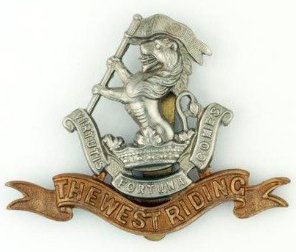
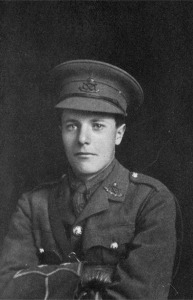
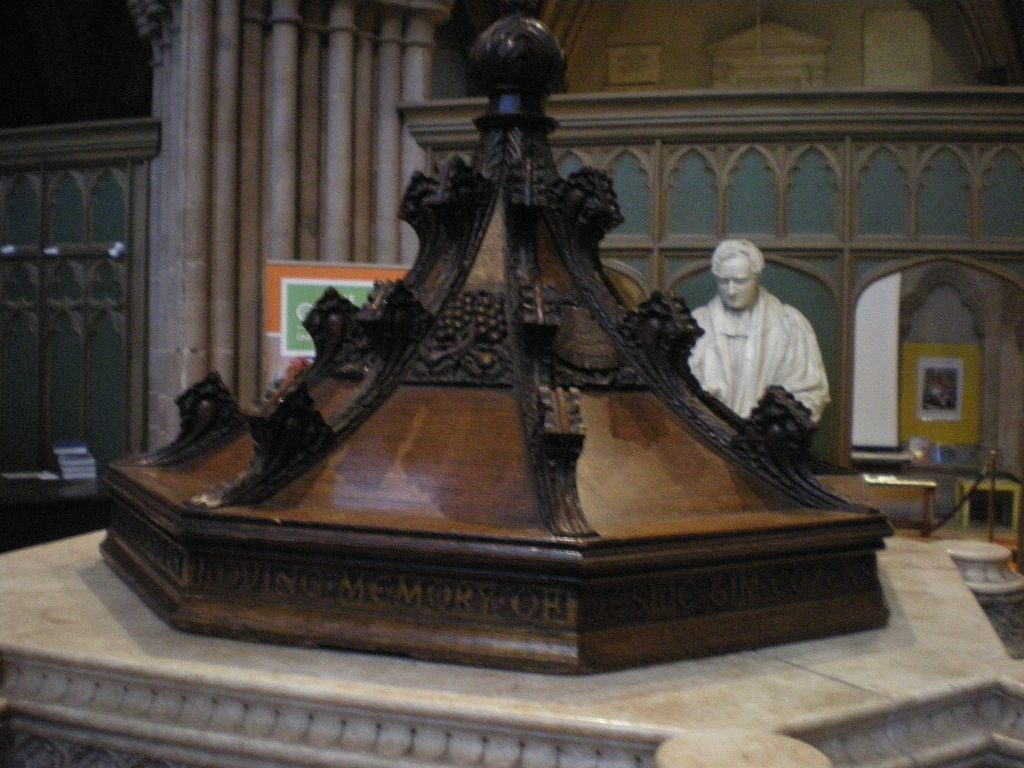
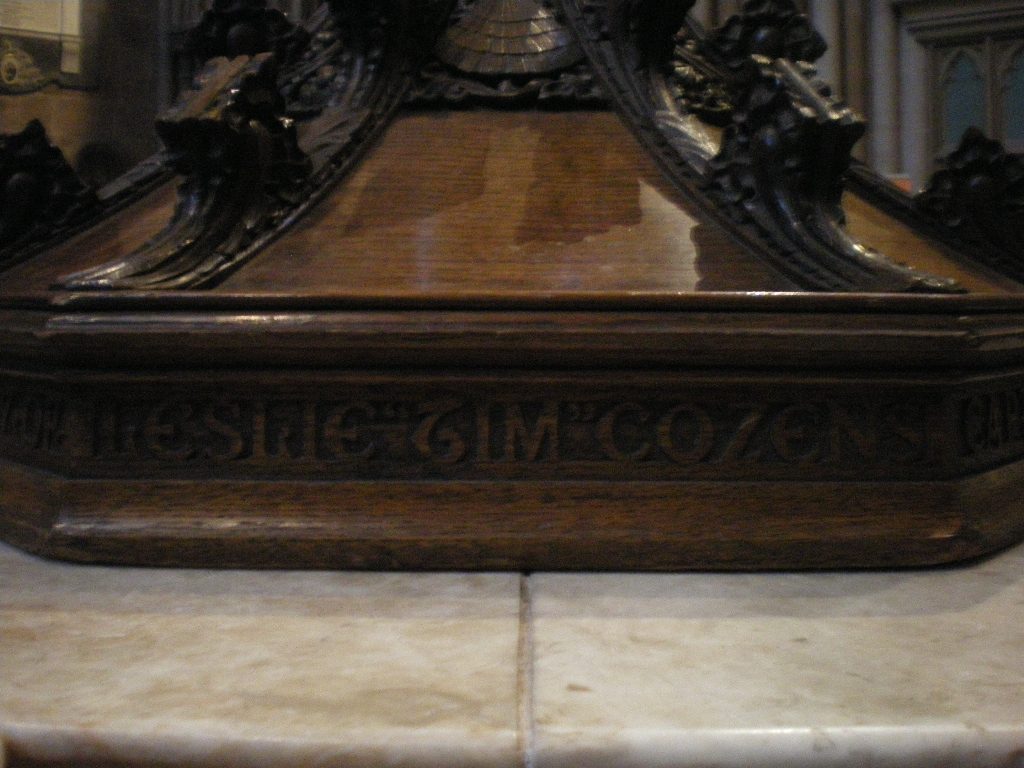
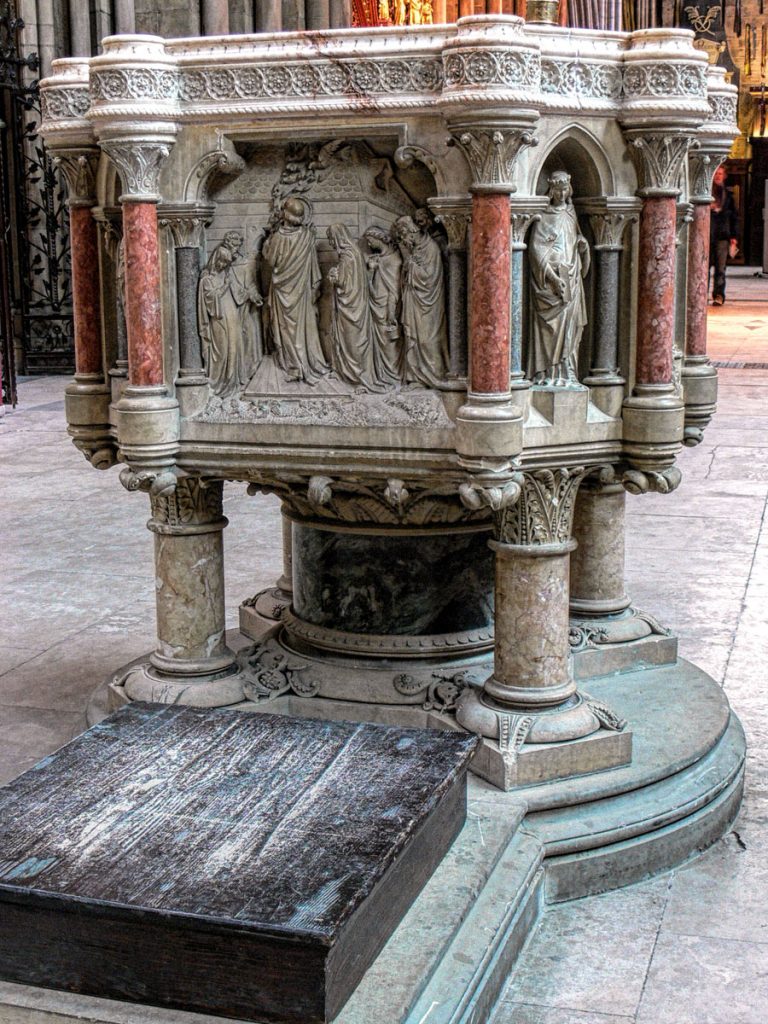
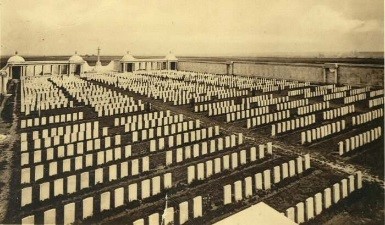
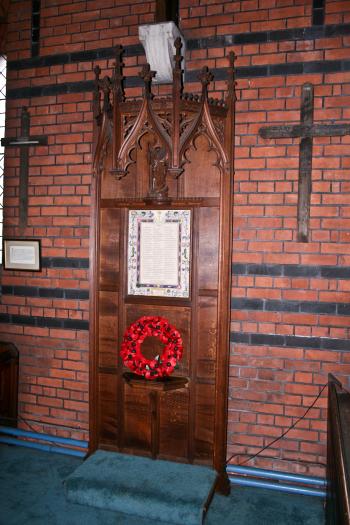
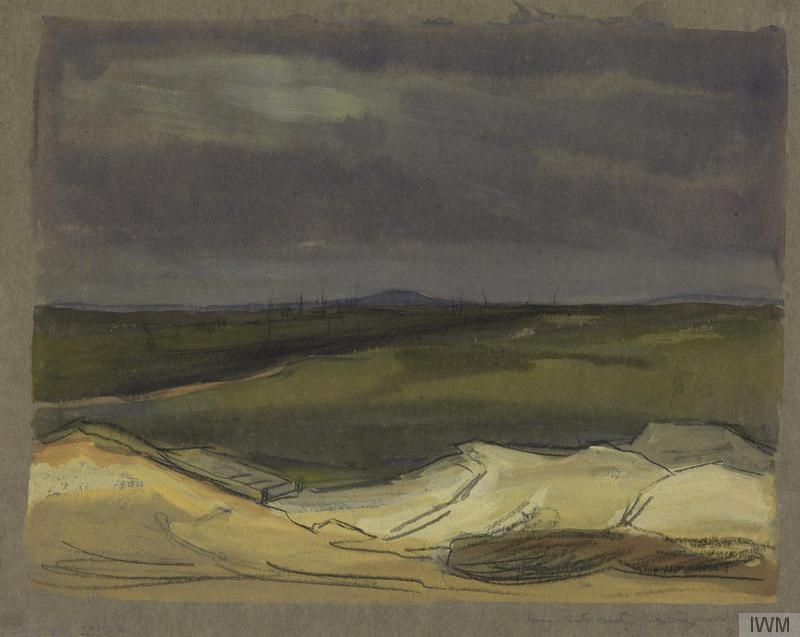
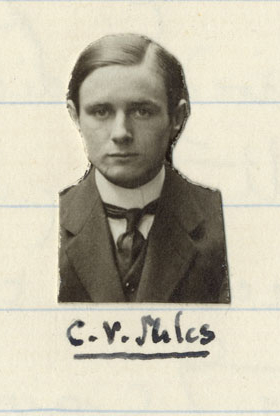
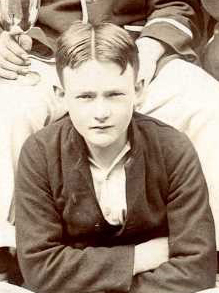 Robert Dodds was the only son of a Surrey solicitor and was admitted into Ashburnham in September 1906.During his first year at the school he achieved success in the school concert, where he “shone asÔǪ soprano”. He took part in Ashburnham’s entry for the Inter-House Glee singing competition, although they did not win. They performed the set piece The Haven by Barnby as well as the other competitors but their voluntary — Elgar’s The Sea Hath its Pearls — was “too ambitious”.
Robert Dodds was the only son of a Surrey solicitor and was admitted into Ashburnham in September 1906.During his first year at the school he achieved success in the school concert, where he “shone asÔǪ soprano”. He took part in Ashburnham’s entry for the Inter-House Glee singing competition, although they did not win. They performed the set piece The Haven by Barnby as well as the other competitors but their voluntary — Elgar’s The Sea Hath its Pearls — was “too ambitious”.